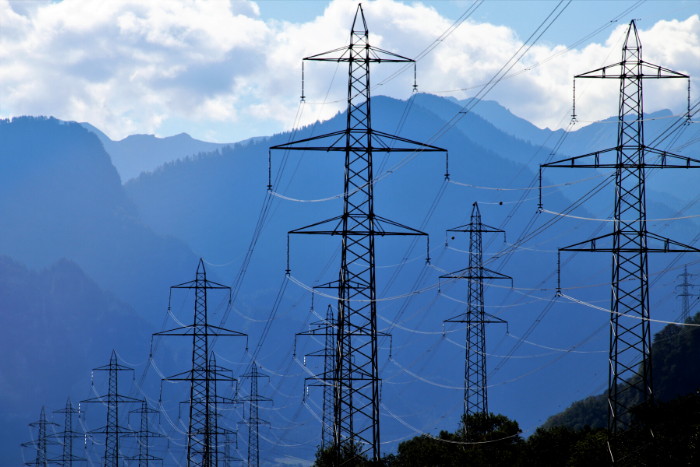The Central Electricity Regulatory Commission (CERC) last week clarified that power producers will have to be compensated for losses incurred as a result of a government order from last year that forced thermal power stations to remain operational. In May 2022, surging coal prices and low supply volumes forced several power producers to halt operations. Responding to the power crunch at a time of high demand, the Indian government invoked an emergency clause in the Electricity Act to direct power plants to use imported coal to tide over supply shortages and meet high demands. The power regulator’s order from January 3, 2023, which came after an appeal from Tata Power against the tariff fixed by the Power Ministry, states that tariffs for plants that were forced to use imported coal must cover all procurement costs as well as a “reasonable profit margin.”
Despite growth in production, investor interest in Indian coal remains low
Coal production in India rose by over 16% during the April-December 2022 period, compared to the corresponding period in the previous fiscal. The country’s coal output in the April to December timeframe went from 522.34MT in 2021 to 607.97MT in 2022. Coal India Limited (CIL), which dominates India’s coal production, registered a 15.82% growth, bringing its output to almost 480MT. After successfully ramping up overall coal output, the Centre is now sharpening its focus on coking coal. Four new blocks have reportedly been identified for commercial licensing and geological reports for another six are awaited. CIL, for their part, are also in the midst of plans to ramp up production from their existing mines as part of the campaign to reduce import dependence.
Although liberalisation of the coal regime and improvements in connectivity have been credited with the increased output, this hasn’t translated in any major way to investor enthusiasm. According to the statement made by Coal and Mines Minister Prahlad Joshi during the winter session of the parliament, only eight out of the 99 mines for which bids were invited in December 2021 were successfully auctioned. Meanwhile, CIL received the green light from the parliamentary panel to undertake acquisition of mines abroad after detailed analysis of the blocks and feasibility studies, particularly for low ash coking coal.
China’s coal imports from Australia resume after two years
Large importers of Australian coal in China have reportedly been allowed to resume their purchases after a two-year hiatus. The unofficial ban in Australian coal imports was imposed in late 2020, following Australia’s support for an international inquiry into China’s handling of the initial COVID outbreak. Now as China lifts its domestic ‘Zero-COVID’ policy, a surge in cases has scuppered coal supply, the country is looking to avoid possibilities of an energy crunch.
US oil and gas industry wins big as Biden administration defers smog plan
Plans to formally label parts of the Permian Basin as violating federal air quality standards has been deferred indefinitely. The Permian Basin, which accounts for around 40% of all the oil produced in the US, has been reported as having hazardous air quality including elevated levels of surface ozone. Emissions from the oil and gas industry operating in the region have been implicated as the reason behind the ozone pollution and resultant smog. The Environment Protection Agency had been considering labelling the region to indicate hazardous air quality and spur new pollution curbs on the industry. The environment regulator has now had to drop plans to do so as the White House exhorts oil and gas producers to pump more in order to keep prices in check.
About The Author
You may also like
India asks power companies to order $33 billion in equipment to boost coal power output
India’s first pilot project for underground coal gasification launched in Jharkhand
Increasing oil and gas production among top priority, says India’s petroleum minister
A faster clean energy transition will make energy cheaper, not more costly: IEA
India’s energy sector: Ten years of progress, but in fits and starts


